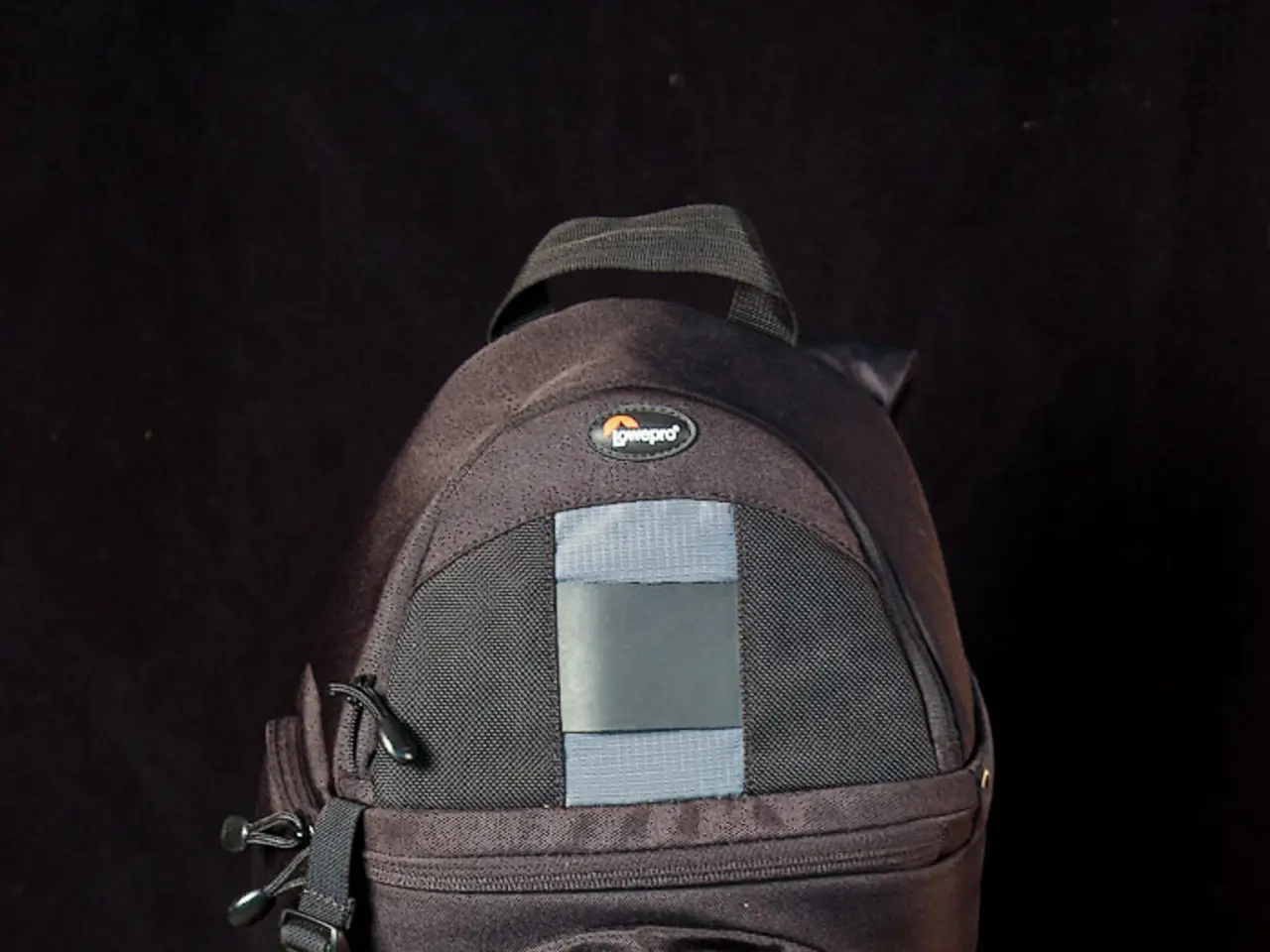Managing and preventing travel-related constipation in individuals: Strategies and tips.
In the realm of travel-related health concerns, one issue that often surfaces is constipation, colloquially known as vacation constipation. This article aims to provide a guide on preventing and treating this condition while on the move.
Travel constipation, much like its counterpart at home, occurs when a person finds it difficult to pass stool according to their regular schedule. One prevention tip is to go when the urge strikes, as this helps maintain regularity. Positioning can also aid, with adjusting the body's position potentially making it easier to pass stool.
Certain risk factors for experiencing constipation include changes to medications, pregnancy, older age, ignoring the urge to pass stool, changes to diet or physical activity levels, dehydration, not consuming enough fiber, certain health conditions, and celiac disease, Parkinson's disease, and diabetes.
For those who find themselves afflicted with travel constipation, there are several effective remedies. Increasing dietary fiber through fruits like kiwis, apples, and dragonfruit, as well as taking fiber supplements such as psyllium husk and chia seeds combined with adequate hydration to soften stools can be beneficial. Magnesium citrate or magnesium oxide supplements can act as gentle laxatives to promote bowel movements without harsh effects.
Maintaining physical activity, such as walking during layovers or after meals, can help stimulate intestinal motility. Natural stimulants like coffee, green tea, or senna tea may also help stimulate the colon. Adopting a squatting position using a travel footstool can reduce straining during bowel movements.
Good hand hygiene is crucial to prevent gastrointestinal infections that might worsen symptoms. Probiotics can also support gut health, ideally started before traveling. However, it's important to note that self-medication should be approached with caution, and any changes to medications or supplements should be discussed with a healthcare professional before implementation.
For prevention and easing of constipation, aim for 25–30 grams of fiber daily, gradually increasing intake to avoid bloating, and drink 2-3 liters of water daily or more if active or in hot climates. If natural methods are insufficient, medical options like laxatives, suppositories, or enemas exist but should be used cautiously and ideally under medical advice, especially for prolonged symptoms.
In summary, the most effective remedies for travel constipation combine increased dietary fiber (from fruits and supplements), adequate hydration, gentle laxatives like magnesium citrate, physical activity, and possibly natural stimulants and positional aids to ease bowel movements. By following these guidelines, travelers can ensure a smoother, more comfortable journey.
[1] Mayo Clinic. (2021). Constipation: Symptoms and causes. https://www.mayoclinic.org/diseases-conditions/constipation/symptoms-causes/syc-20355641 [2] Healthline. (2020). Constipation while traveling: Causes and remedies. https://www.healthline.com/health/constipation-while-traveling [3] Cleveland Clinic. (2021). Constipation: Treatment. https://my.clevelandclinic.org/health/diseases/16804-constipation/treatment [4] NHS. (2020). Constipation: Treatment. https://www.nhs.uk/conditions/constipation/treatment/ [5] WebMD. (2021). Constipation: Over-the-counter treatments. https://www.webmd.com/digestive-disorders/constipation-over-the-counter-treatments
- In the pursuit of health and wellness, it's crucial to consider mental health, fitness and exercise, skin care, and nutrition in addition to digestive health, as they all contribute to overall wellbeing.
- Adequate sleep is essential for one's health, particularly in the workplace, as it improves focus, productivity, and mental health, thereby enhancing wellness.
- In connection with travel-related health concerns, it's important to note that therapies and treatments for various health conditions, such as celiac disease, Parkinson's disease, and diabetes, can affect digestive health and may lead to constipation.
- Probiotics, in addition to good hand hygiene, play a significant role in maintaining gut health and preventing gastrointestinal infections that might exacerbate symptoms of constipation.
- In the realm of health and wellness, it's vital to remember that self-medication, while useful in some cases, requires caution, and any changes to medications or supplements should be discussed with a healthcare professional for guidance and safety.




